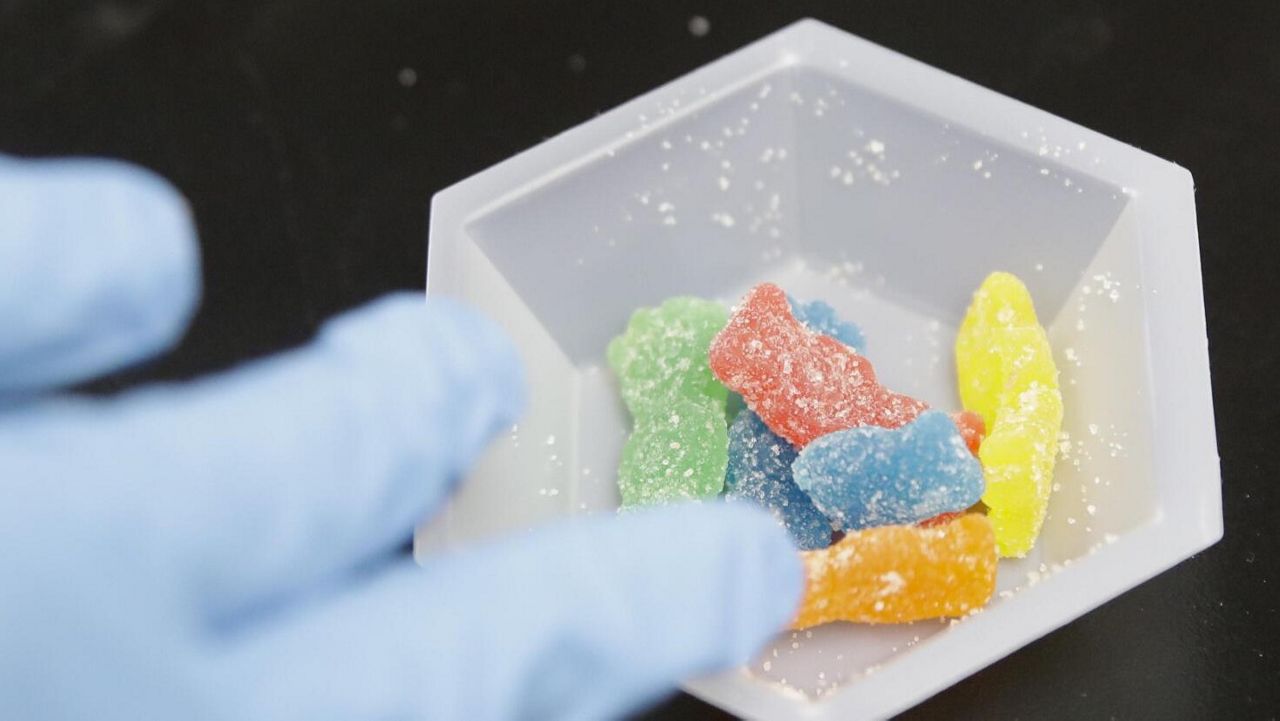HONOLULU — State Attorney General Anne Lopez and a coalition of 20 other state attorneys general are calling on Congress to amend the 2018 Farm Bill to close a loophole that can be exploited to allow potentially intoxicating industrial hemp products from being marketed for other uses without adequate regulation or oversight.
According to the coalition, the 0.3% THC limit that distinguishes commercial hemp from cannabis, as contained in the Farm Bill, is “inadequate to distinguish the potential for intoxication.”
“The result that has been seen is excessively potent products that are manufactured under fewer control than in states that have legalized cannabis,” the coalition wrote in a bipartisan letter to Congress members. “Because of the ambiguity created by the 2018 Farm Bill, a massive gray market worth an estimated $28 billion has exploded, forcing cannabis-equivalent products into our economies regardless of states’ intentions to legalize cannabis use, and dangerously undermining regulations and consumer protections in states where adult-use legal cannabis programs are already in place.”
As Deputy Attorney General Andrew Goff noted, hemp-derived cannabinoid products, including those containing delta-8 THC, can be intoxicating and can pose a risk to public health if not properly regulated.
“While Hawaii state law currently prohibits dangerous hemp products, the proliferation of the national market makes local enforcement difficult and undercuts any safeguards placed on a legal cannabis market,” said, Goff, who serves as the attorney for the Hawaii Medical Cannabis Program and advises the state Department of Health on hemp-derived products. “Congress must act to clarify its intention to restrict the national hemp-derived intoxicant market while allowing hemp for industrial purposes.”
As the coalition noted, hemp-based, THC-infused products, including edibles, have increased in popularity and illicit suppliers have begun co-opting legitimate brand names and packaging to sell candy, snacks and cereals that are intoxicating and confusing to consumers. The coalition said such copycat hemp products place children at exceptional risk.
The Farm Bill is up for reauthorization and the coalition said it is imperative that the definition be amended to clarify that there is no federal hemp intoxicants loophole and that the Congress does not intend to limit states in restrictions or regulations related to cannabinoids or other intoxicating hemp derivatives.
In its letter, the coalition said it continues to support the sort of orderly market for industrial hemp and non-intoxicating hemp-derived products the Farm Bill was supposed to help establish.
“The promise of the 2018 Farm Bill to create this agricultural commodity market, however, has failed,” the letter stated. “Instead, hemp-derived intoxicants have proliferated across our states, posing a significant threat to public health and safety and benefiting unregulated, untaxed and unaccountable market actors. It is our duty to protect our states and communities, yet the federal law lacks the clarity needed to act vigorously on their behalf. We urge Congress in the strongest possible terms to address this reckless policy.”
Joining Lopez on the coalition were the attorneys general of Arkansas, California, Colorado, Connecticut, District of Columbia, Georgia, Indiana, Iowa, Kansas, Maryland, Minnesota, Missouri, North Carolina, North Dakota, Oregon, Pennsylvania, South Dakota, Tennessee, Virginia and Washington.
Michael Tsai covers local and state politics for Spectrum News Hawaii. He can be reached at michael.tsai@charter.com.








